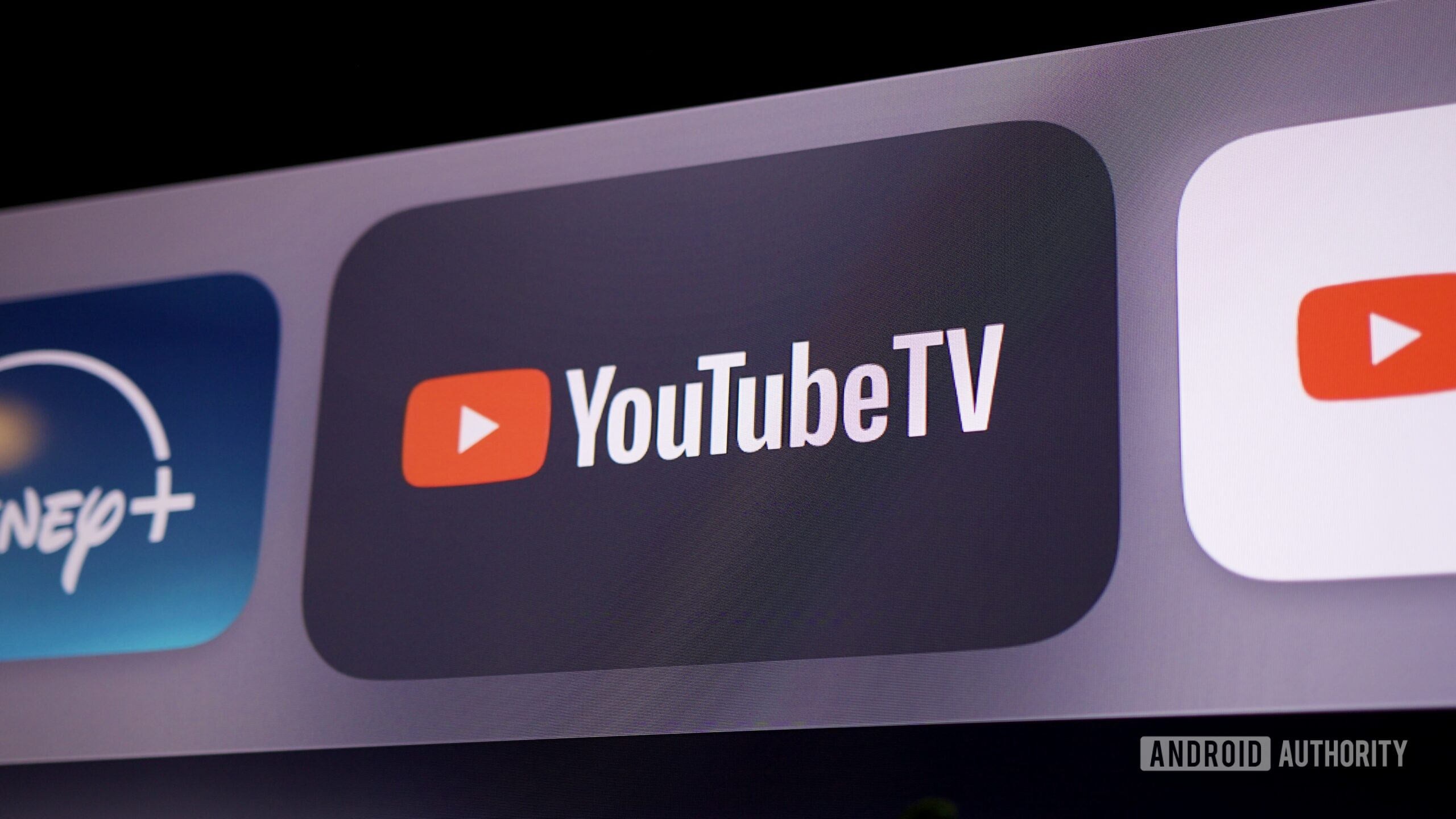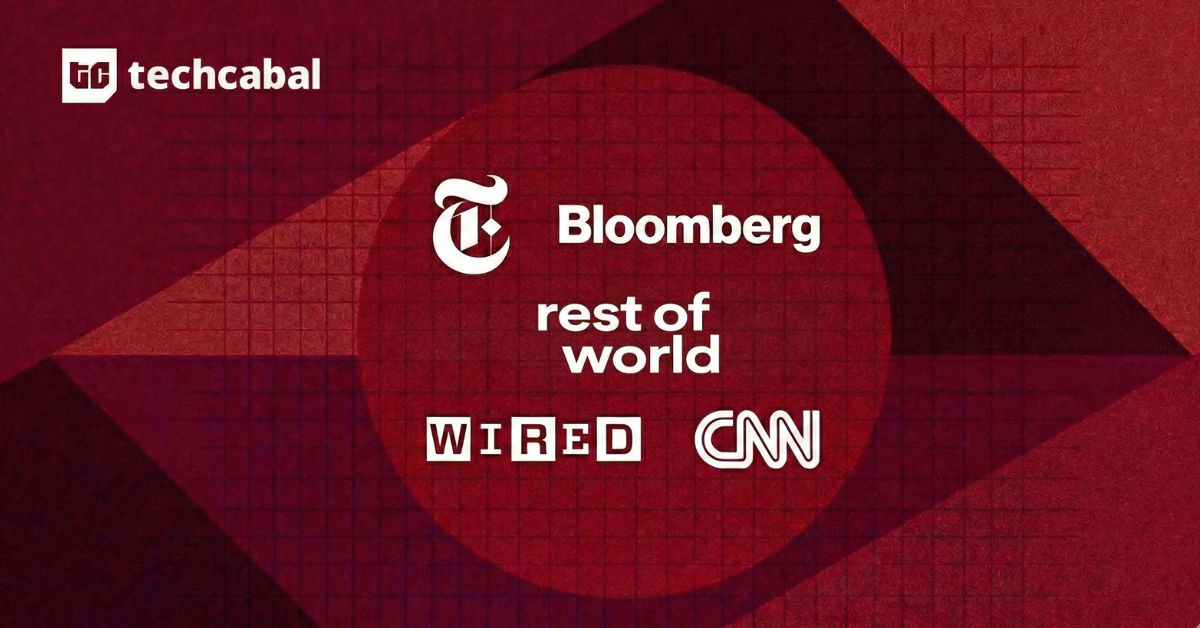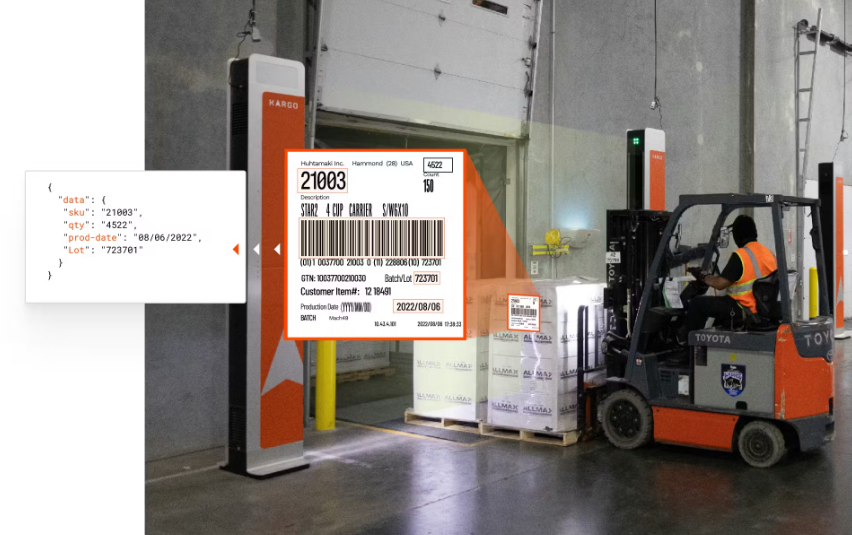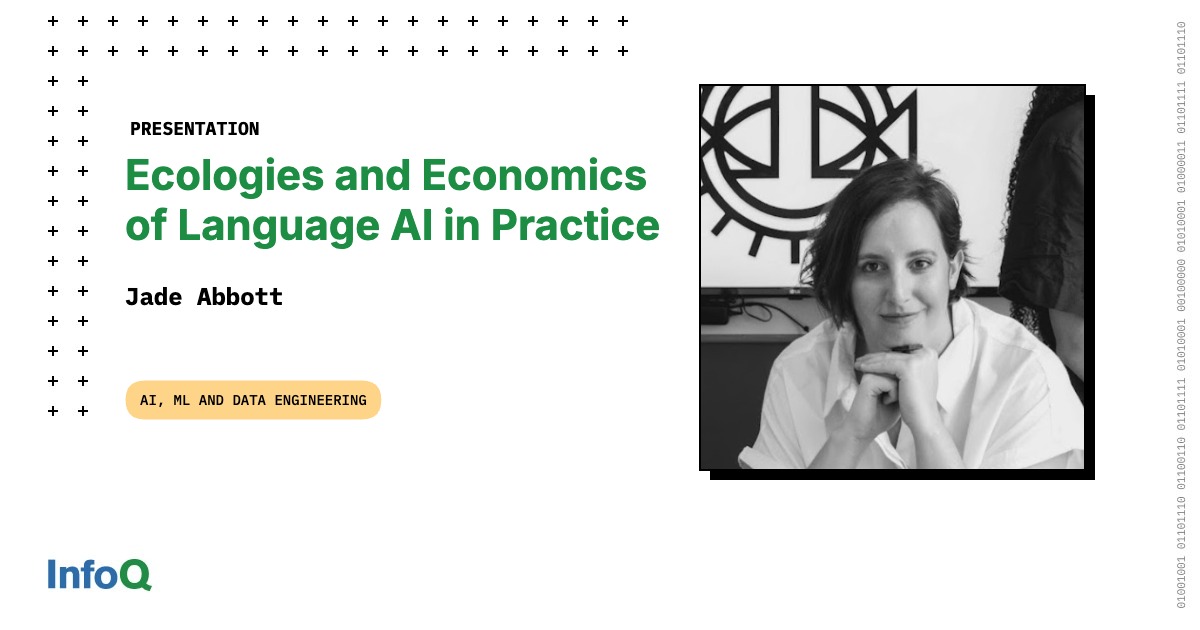About 2.6 billion people can’t open a browser and search for what they need. It’s not because they don’t have internet-capable devices — many already own phones, computers, or tablets. The problem is that there’s no internet where they live, or their government won’t let them access what they want to see. Internet-in-a-Box was created as a workaround to this problem: a palm-sized device that broadcasts educational and reference materials over Wi-Fi to anyone nearby. It requires no active internet connection, no recurring fees, and it doesn’t track what users search.
The project kicked off in 2012 as a spinoff of One Laptop Per Child’s school server project. Now, Internet-in-a-Box is running in over 100 countries, spread across Haitian orphanages, villages in the Indian mountains, medical clinics across the Dominican Republic, schools in rural Ghana, and classrooms throughout Myanmar. Building one yourself runs around $80 if you source the parts, but if you’re not all that technically savvy or just need a quick solution, the Wikipedia Store will sell you a pre-built unit for $58.
What you’re getting with Internet-in-a-Box
Each Internet-in-a-Box is built on a Raspberry Pi — a computer barely larger than a credit card — paired with a microSD card loaded with compressed archives of websites and includes software to make the content searchable in seconds. Users connect through a local Wi-Fi network and can explore massive databases while remaining entirely offline.
The content library isn’t limited to Wikipedia. It pulls in material from across the open web to build something closer to a miniature knowledge ecosystem. Students can work through Khan Academy’s full catalog of video lessons and practice exercises, while Project Gutenberg adds thousands of classic books that are free to read and distribute. Navigation assistance comes via OpenStreetMap, with detailed maps that you can zoom into, and for problem-solving, there are years of archived discussions from Stack Exchange, covering programming questions, scientific explanations, and more.
WikiMed deserves special mention here. It’s a curated collection of more than 75,000 medical articles covering diseases, medications, anatomy, and public health protocols. There’s even a specialized South Asia version with content in over 30 languages.
The device also supports full applications rather than cut-down demos. For instance, Kolibri handles lesson delivery and student progress tracking, Moodle manages courses and assignments, Nextcloud enables file sharing and collaboration, and WordPress allows students to publish multimedia projects. The only catch is that the content isn’t live; it’s updated in snapshots. Still, for communities with no reliable internet, having a library that always works beats having none at all.
Why offline access matters more than you’d think
These boxes are embedded in daily life around the world. Medical clinics in Africa keep these boxes loaded with diagnostic guides because their internet often fails exactly when they need it most. Students who’ve never had access to reliable internet can pull up articles on the French Revolution or work through calculus problems with step-by-step video instruction. Prison education programs use them because they provide learning resources without creating security holes in their network.
Beyond schools and clinics, they can also be carried on research vessels, kept as backups for remote workers when satellite links drop, and even used by homeschool families to build entire curricula. The use cases numerous because the problem isn’t just about developing nations or poverty — it’s about resilience availability and independence from traditional networks.
Internet-in-a-Box is also valuable when viewed through the lens of censorship. When governments restrict what their citizens can access online, an offline library becomes powerful in ways that go beyond simple convenience. The box doesn’t phone home. It doesn’t connect to anything. There’s nothing for authorities to filter, block, or monitor. You load it with content once, preferably before you cross a border, and then it just serves that information indefinitely. These aren’t pilot programs or temporary installations; they’re permanent infrastructure in places where fiber optic cables probably won’t arrive for another decade, if ever.
Built on belief, not business
Internet-in-a-box runs on volunteer labor and donations, primarily from Wikimedia Foundation grants. There’s no venture capital, no monetization strategy, and no acquisition targets behind this project. It only exists because the developers believe information access shouldn’t require permission or payment. That philosophy drives the open-source codebase, the decision to share 3D-printable case files, and the refusal to collect user data or serve advertisements.
People keep asking whether offline libraries even matter as internet access improves globally. That’s a fair question, but connectivity is expanding at the same time censorship is ramping up. They’re not opposite trends; they’re happening together. Political chaos still disrupts infrastructure all the time. Climate disasters are knocking out power grids more often, not less. The volunteers running this project think the need for independent information sources isn’t going away. It’s just evolving.
The project keeps running across dozens of countries because developers squeeze in hours around their regular jobs, and educators keep deploying these boxes because they actually need them. For most of us reading this, it’s not about to replace Google. For a few million other people, though, it’s the only search option they’re going to have.












